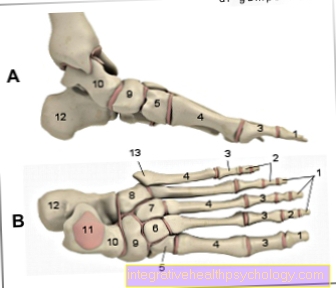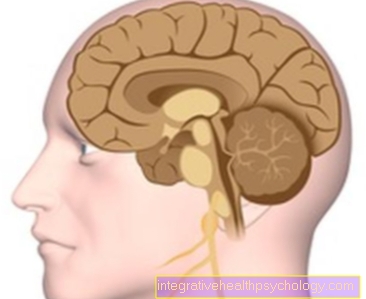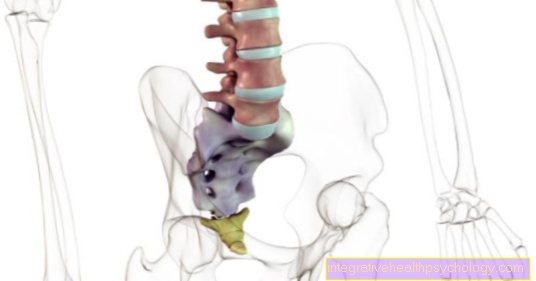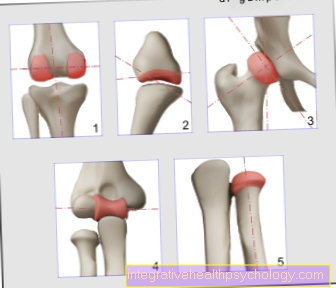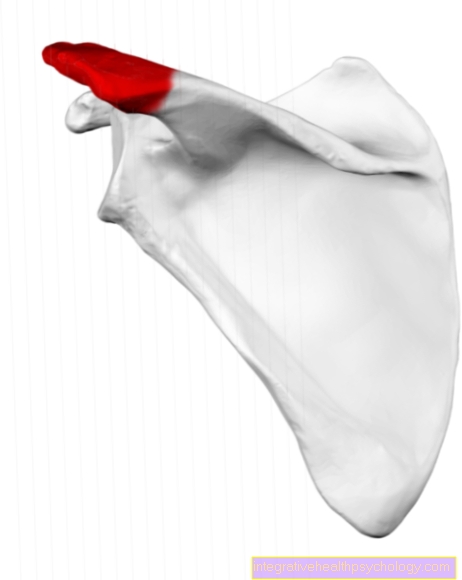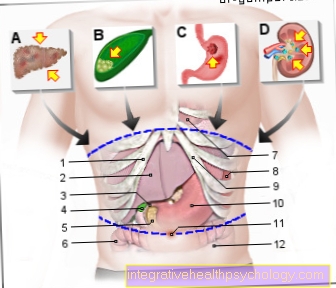magnesium
General

Magnesium is indispensable for the human body and must be taken in sufficient quantities every day.
A healthy adult has around 20 grams of magnesium in their body. In order to prevent a magnesium deficiency symptom, one should take 300 mg of magnesium daily.
It is found in many foods and drinking water. The essential substance magnesium is mainly found in dairy products, whole grain products, meat, nuts and various types of fruit.
It is absorbed into the bloodstream through the small intestine and metabolized and excreted through the kidneys. Magnesium is involved in around 300 enzyme reactions, and free magnesium ions also have an influence on the membrane potential of the cells. They serve as an opponent of calcium and maintain the resting potential of the muscle, heart muscle and nerve cells. They inhibit the transmission of stimuli from the nerves to the muscles. This can prevent muscle spasms and slow down the heartbeat.
Magnesium deficiency
There are three different reasons why a magnesium deficiency can occur.
- Too little magnesium is taken up with food.
- Too little is absorbed in the intestine.
- Too much magnesium is excreted through the kidneys or skin.
As mentioned above, magnesium is involved in many functions in the body, which is why several symptoms can occur at the same time in a deficiency symptom.
Symptoms of Magnesium Deficiency Syndrome include:
- Muscle spasms
- Muscle twitching
- increased irritability
- inner unrest
- Fatigue and rapid exhaustion
- a headache
- Twitching in the abdomen
- Twitching of the eyelid
- Shrug
- cold feet
- Circulatory disorders
- Sensitivity to noise
- Racing heart / palpitations
- confusion
The last major nutrition study in Germany showed that almost 40% of the German population does not consume enough magnesium. Around 10-20% of Germans suffer from a persistent slight magnesium deficiency, which can be compensated for by the kidneys and the small intestine in full health.
Read more on the topic: You can recognize a magnesium deficiency by these symptoms
Magnesium pills
To prevention or to treatment one Magnesium deficiency can be prescribed magnesium. It's supposed to help that Muscle activity to regulate, the body increases again energy provide and the Cell walls rebuild. Magnesium supplements from Biolectra offer themselves.
Magnesium tablets risks
magnesium as drug should not be ingested by people who are at severe kidney problems and Conduction disorders of Heart (e.g .: AV block) suffer.
Even with one that has already occurred Hypersensitivity compared to a magnesium drug, tablets should not be taken.
Also at lighter and moderate renal impairment, as well as when taking gastric acid binding agents or Laxatives and with easily occurring Kidney stones Magnesium intake should only be taken under strict conditions control of Doctor respectively. Pregnant women can take magnesium.
If it is given shortly before birth, it should Newborn at least 24, better 48 hours be monitored. Children can also get magnesium. Depending on the preparation, there is one Maximum dose for children.
Magnesium tablets side effects
Everyone reacts differently to drugs. The following Side effects can, but need not occur. Undesirable effects can be different depending on the type and frequency of taking a drug.
Becomes Oral magnesium Taken as a tablet, effervescent tablet or capsule, soft stools may frequently occur. If a diarrhea occurs, the treatment with magnesium briefly interrupted become. With a minimized daily dose, the medication can continue as long as the stool has normalized.
At impaired kidney function it can if taken permanently increased daytime sleepiness come. The drug should be temporarily discontinued and a reduced dose taken after a break.
Magnesium and diarrhea
If magnesium tablets are taken in the context of a magnesium deficiency, diarrhea can occur as a known side effect.
Diarrhea, also medically Diarrhea called, may also be signs of an overdose of magnesium salts in the context of magnesium intake.
But there are also people who react so sensitively that they tend to develop soft stools or even diarrhea even with the normal recommended daily dose.
So if the intake of magnesium supplements leads to increased occurrence of thin stools or diarrhea, there are various ways to reduce them or to avoid them completely. First you can try to reduce the daily dose. Perhaps even a smaller daily amount of magnesium can lead to a decrease in the number of diarrhea or even to disappear completely.
Another possibility is to take the magnesium supplements in the evening instead of taking a reduced amount of magnesium. It is especially recommended to take magnesium before going to bed. If diarrhea occurs while taking magnesium, another option is not to take the entire daily amount at once, but to divide it into several smaller servings throughout the day.
The body may be able to absorb all of the magnesium from the intestines.
The occurrence of diarrhea when taking magnesium supplements can easily be explained:
Magnesium is taken by mouth. It then passes through the stomach into the intestinal area, where it is supposed to be absorbed by the intestinal lining.There are small channels in the mucous membrane through which the magnesium reaches the bloodstream. However, the channels have a limited recording capacity. If this is now exceeded, not all of the magnesium can be absorbed by the mucous membrane, so that part of it remains in the intestinal lumen and is excreted with the stool. The problem with this, however, is that high magnesium concentrations inside the intestine lead to more water being drawn into the intestine. This mechanism causes the body to excrete more water into the intestines, making the stool softer or more fluid, and then causing diarrhea.
Therefore, when taking magnesium, you should always drink a lot, as water is withdrawn from the body. This is a beneficial side effect in the elderly. They often suffer from constipation (medically: Constipation called) or are taking medications that cause constipation.
The tolerance of the various magnesium supplements can vary greatly from person to person. Therefore it can happen that you get diarrhea from one preparation, but not from the other. Therefore, changing the preparation can also help here as soon as diarrhea occurs.
Read more about the topic here: Magnesium diarrhea.
Magnesium tablets interaction
Depending on the type of drug, interactions may occur. Magnesium should not be taken orally at the same time Antibiotics from the active ingredient group of aminoglycosides, tetracyclines or Penicillins be taken. They prevent each other from being absorbed into the bloodstream. Magnesium should be taken three to four hours apart to minimize the risk of poor absorption. In case you additionally Iron tablets you have to be careful because the absorption of iron is also disrupted by magnesium. If you suffer from a rhythm disturbance and you are taking antiarrhythmic drugs such as quinidine, you should not take magnesium medication.
When taking cardiac glycosides against an existing heart failure, isoniazid tuberculosis or certain psychotropic drugs, magnesium prolongs the absorption of the above drugs into the bloodstream. Unless a Renal dysfunction and laxatives, calcium-containing drugs or potassium-sparing dehydrating agents are also taken, magnesium can lead to an increase in the blood concentration of calcium and magnesium. If magnesium is injected into the vein, breathing may be inhibited, provided sleeping pills or at the same time Anesthetic drugs were administered. Magnesium, given into the vein, enhances the effects of antihypertensive drugs and muscle relaxants.

